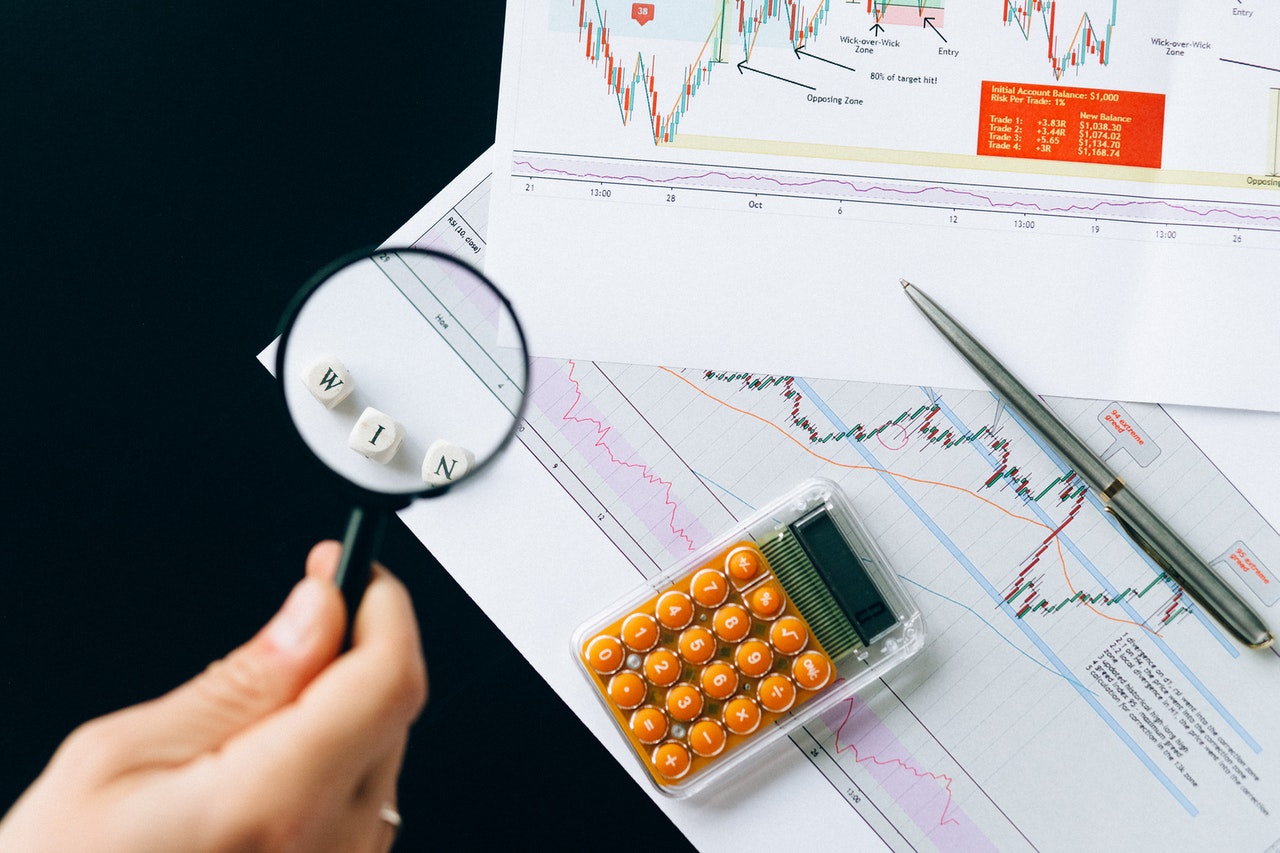By JustMarkets
At the stock market close yesterday, the Dow Jones Index (US30) was up by 0.58%, while the S&P 500 Index (US500) added 1.41% on Monday. The NASDAQ Technology Index (US100) closed positive by 2.20% yesterday. Nvidia stock’s (NVDA) rise to a record high led to gains in technology stocks, which also had a positive impact on the overall market. On Monday, stocks also received support from lower bond yields amid comments from Federal Reserve President of Dallas, Logan, who said that the Fed may slow the pace of its asset portfolio reductions to maintain sufficient liquidity in financial markets.
Atlanta Fed President Bostic said yesterday he is comfortable with the US Fed’s restrictive stance. Bostic wants to see the economy continue to grow and inflation reach our 2% level. He added that he expects the Fed’s first-rate cut in the third quarter of this year.
Nvidia (NVDA) closed at a record high (+6%) after it unveiled new graphics chips at CES with additional components that will allow users to better utilize artificial intelligence on their personal machines without having to rely on remote services available over the internet. Quotes of Advanced Micro Devices (AMD) are up more than 5% after Melius Research LLC upgraded the stock to “buy” from “hold” with a $188 price target. Boeing (BA) stock price fell more than 8%, topping the S&P 500 and Dow Jones Industrials losers list, after the company took its 737 Max 9 jet out of service for inspections after a section of the fuselage of a new Alaska Airlines plane burst during flight. United Airlines said Monday that during inspections, it found loose bolts and other parts on the 737 Max 9’s plug doors.
Equity markets in Europe were mostly up yesterday. Germany’s DAX (DE40) rose by 0.74%, France’s CAC 40 (FR40) gained 0.40% on Monday, Spain’s IBEX 35 (ES35) jumped by 0.44%, and the UK’s FTSE 100 (UK100) closed positive by 0.06%.
ECB Governing Council spokesman Vujcic said yesterday that he expects inflation to slow gradually and that the ECB is not talking about cutting interest rates now and probably won’t do so until the summer.
Eurozone Dec economic confidence indicator rose by 2.4 to an 8-month high of 96.4, exceeding expectations of 94.2. German trade news was better than expected: November exports rose by 3.7% m/m, stronger than expectations of 0.5% m/m and the biggest increase in 2 years. In addition, November imports rose by 1.9% m/m, stronger than expectations of 0.4% m/m and the largest increase in 9 months.
Silver prices came under pressure yesterday after German factory orders rose less than expected, indicating weak demand for industrial metals. Silver is highly correlated to gold, and gold is now under pressure as the US Federal Reserve and ECB do not seem to be planning to cut rates this spring as economists expect.
Crude oil and gasoline prices fell sharply on Monday, with gasoline prices falling to their lowest in 3 weeks. Concerns about worsening global oil demand drove crude prices lower after Saudi Arabia cut the official selling prices of its crude to all buyers. Oil prices also fell on a ShippingWatch report that some shipping companies have struck a deal with Houthi rebels to allow their ships to pass safely through the Red Sea, which could reduce supply disruptions.
Asian markets were mostly down on Monday. Japan’s Nikkei 225 (JP225) gained 0.27% for the day, China’s FTSE China A50 (CHA50) fell by 1.14%, Hong Kong’s Hang Seng (HK50) ended the day down by 1.88%, and Australia’s ASX 200 (AU200) ended the trading day negative by 0.50%.
Chinese authorities said they plan to reduce the amount of money banks must set aside in reserves to stimulate lending. The Central Bank will also strengthen counter-cyclical and inter-cyclical policy adjustments to create a favorable financial environment for the country’s economic growth. Traders are raising bets on further monetary easing this year as a weak economic recovery forces authorities to cut interest rates and provide ample liquidity.
The Bank of Japan (BoJ) said it will cut its monthly purchases of ultra-long government bonds, a reminder that it may still go for a reduction in stimulus to the economy this year. Market bets indicate traders still expect the Bank of Japan to end its negative interest rate policy later this year, although speculation that it will do so this month has largely subsided. Data released on Tuesday showed that consumer price growth in Tokyo slowed for a second month in December, which also eased pressure on the BOJ. Currently, overnight index swaps indicate that the Central Bank will end its negative rate policy in July this year, although as recently as two weeks ago, it was supposed to happen in April.
S&P 500 (US500) 4,763.54 +66.30 (+1.41%)
Dow Jones (US30) 37,683.01 +216.90 (+0.58%)
DAX (DE40) 16,716.47 +122.26 (+0.74%)
FTSE 100 (UK100) 7,694.19 +4.58 (+0.060%)
USD Index 102.24 −0.17 (−0.16%)
- – Japan Tokyo Core CPI (m/m) at 01:30 (GMT+2);
- – Australia Retail Sales (m/m) at 02:30 (GMT+2);
- – Switzerland Unemployment Rate (m/m) at 08:45 (GMT+2);
- – German Industrial Production (m/m) at 09:00 (GMT+2);
- – Eurozone Unemployment Rate (m/m) at 12:00 (GMT+2);
- – US Trade Balance (m/m) at 15:30 (GMT+2);
- – Canada Trade Balance (m/m) at 15:30 (GMT+2).
By JustMarkets
This article reflects a personal opinion and should not be interpreted as an investment advice, and/or offer, and/or a persistent request for carrying out financial transactions, and/or a guarantee, and/or a forecast of future events.
